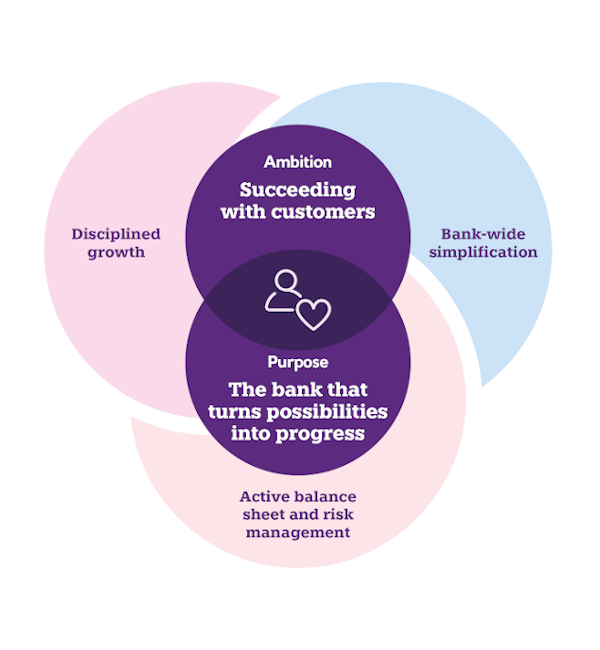In an increasingly interconnected world, the demand for international specialists is soaring. These professionals, possessing a unique blend of expertise, cultural understanding, and global perspective, are becoming indispensable across a multitude of industries. From navigating complex geopolitical landscapes to facilitating cross-border business ventures, international specialists are the architects of global collaboration and the bridge builders of a shrinking world.
But what exactly defines an international specialist? The term encompasses a broad spectrum of professionals, united by their ability to operate effectively in a global context. They are not simply experts in a particular field; they are also adept at navigating cultural nuances, understanding international regulations, and communicating effectively across linguistic and geographical boundaries. This multifaceted skillset is what sets them apart and makes them invaluable in today’s globalized marketplace.
The rise of international specialists is directly linked to the exponential growth of globalization. As businesses expand their operations internationally, they require individuals who can manage the complexities of operating in foreign markets. This includes understanding local customs, navigating legal frameworks, managing international teams, and mitigating risks associated with cross-border transactions. Similarly, governments and non-governmental organizations (NGOs) rely on international specialists to address global challenges such as climate change, poverty, and disease.
The fields in which international specialists thrive are diverse. International business consultants help companies expand into new markets, advising on everything from market research and entry strategies to supply chain management and risk assessment. International lawyers specialize in cross-border transactions, intellectual property rights, and international dispute resolution. International finance professionals manage global investments, navigate currency fluctuations, and ensure compliance with international financial regulations. International relations experts analyze geopolitical trends, advise governments on foreign policy, and work to promote international cooperation. Humanitarian aid workers, often operating in conflict zones or disaster-stricken areas, provide critical support to vulnerable populations. The list goes on, reflecting the breadth and depth of the globalized world.
The path to becoming an international specialist is rarely straightforward. It typically involves a combination of advanced education, professional experience, and a deep understanding of international affairs. Many international specialists hold advanced degrees, such as master’s degrees or doctorates, in fields like international business, law, economics, political science, or public health. They often supplement their academic qualifications with professional certifications and specialized training.
Beyond formal education, practical experience is crucial. This often involves working in international settings, either through internships, volunteer programs, or professional assignments. Exposure to different cultures, languages, and business practices is essential for developing the cultural sensitivity and adaptability that are hallmarks of successful international specialists. Language proficiency is also a critical asset. Fluency in multiple languages allows specialists to communicate effectively with diverse stakeholders and navigate complex cross-cultural interactions.
The skills required of international specialists are constantly evolving. As the global landscape shifts, so too do the challenges and opportunities they face. Technological advancements, such as the rise of artificial intelligence and big data, are transforming the way international specialists work. If you liked this report and you would like to receive far more facts relating to banking insurance and teaching are examples of which industry kindly stop by our internet site. They must be adept at leveraging these technologies to analyze data, manage complex projects, and communicate effectively across digital platforms. Furthermore, they must be able to adapt to rapidly changing geopolitical dynamics, including trade wars, political instability, and emerging global threats.
The rewards of a career as an international specialist are significant. Beyond the financial benefits, these professionals often experience a high degree of job satisfaction, stemming from the opportunity to make a tangible difference in the world. They are at the forefront of addressing global challenges, promoting international cooperation, and fostering economic development. They also have the opportunity to travel extensively, experience different cultures, and build a global network of contacts.
However, the career path is not without its challenges. International specialists often face long working hours, demanding travel schedules, and the pressure of operating in high-stakes environments. They must be resilient, adaptable, and able to cope with the emotional toll of working in conflict zones or dealing with complex humanitarian crises. They must also be prepared to navigate cultural differences, overcome language barriers, and build trust with diverse stakeholders.
Looking ahead, the demand for international specialists is expected to continue to grow. As globalization deepens and new challenges emerge, the need for professionals who can navigate the complexities of the global landscape will only increase. Governments, businesses, and NGOs will continue to rely on these experts to address global challenges, promote economic development, and foster international cooperation.
The future of international specialization is likely to be shaped by several key trends. The increasing importance of emerging markets, such as those in Asia and Africa, will create new opportunities for specialists with expertise in these regions. The growing focus on sustainability and environmental issues will drive demand for specialists in areas like climate change mitigation, renewable energy, and sustainable development. The rise of digital technologies will require specialists to be proficient in data analysis, cybersecurity, and digital communication.
In conclusion, international specialists are the unsung heroes of globalization. They are the bridge builders, the problem solvers, and the architects of a more interconnected world. Their expertise, cultural understanding, and global perspective are essential for navigating the complexities of the 21st century. As the world continues to shrink and global challenges mount, the demand for these skilled professionals will only continue to grow, ensuring their continued relevance and impact on the global stage. They are the navigators of a world in constant flux, guiding us towards a future of greater understanding, cooperation, and progress.

